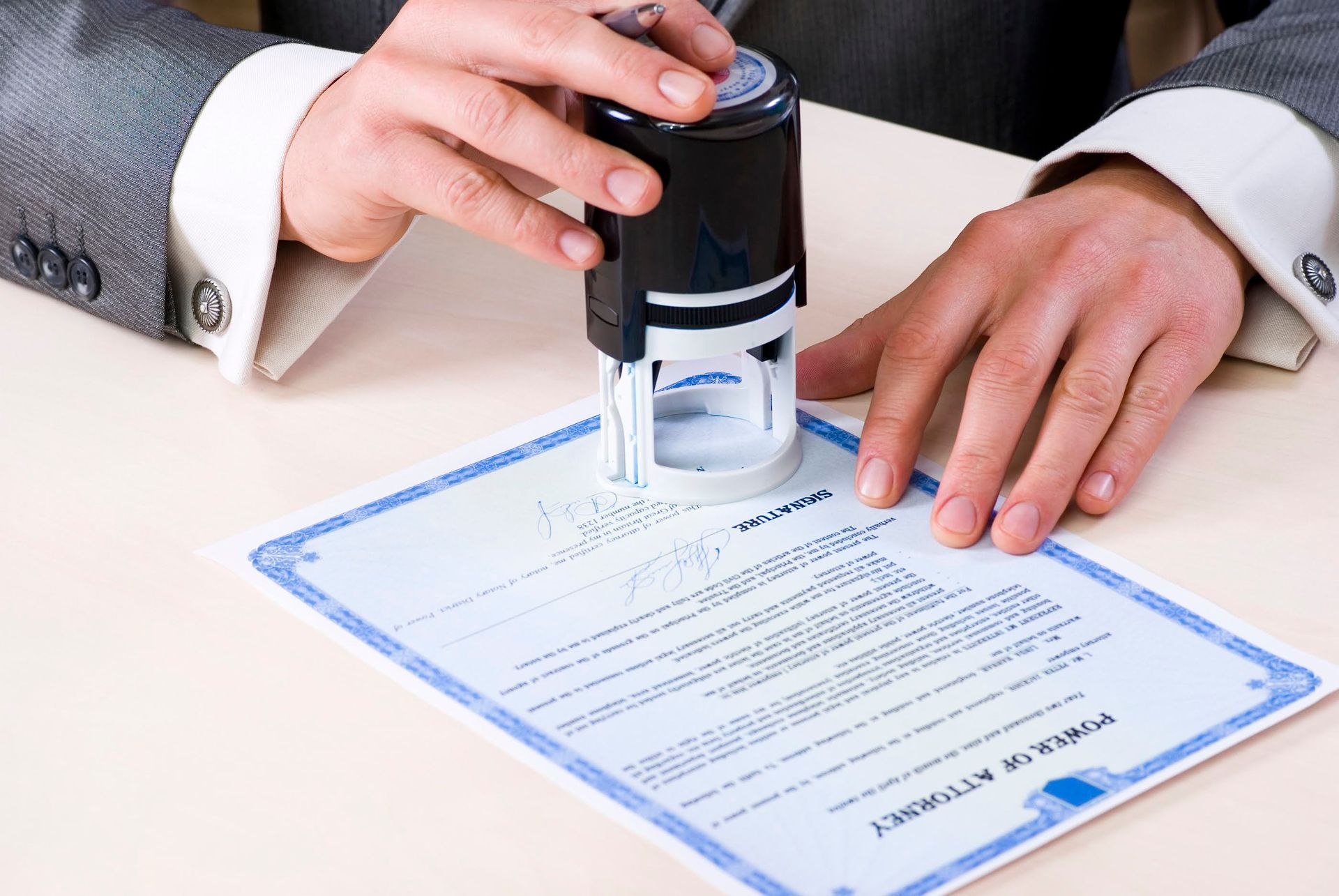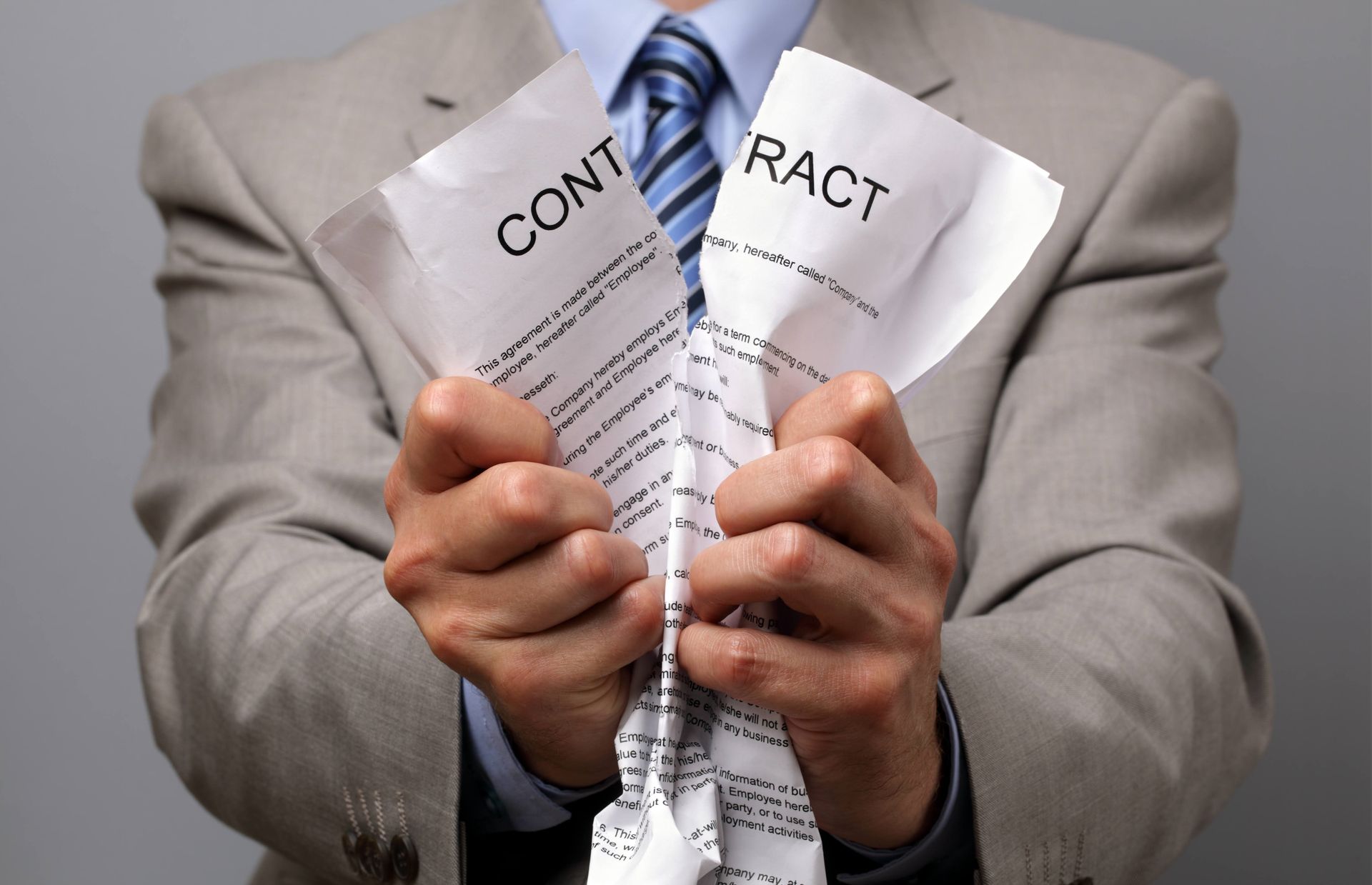Distinguishing Estate Planning Myths From Facts

Estate planning has many benefits, including protecting your assets, avoiding probate, minimizing taxes, and planning for incapacity. Yet, so many people avoid estate planning. Why? Many myths about estate planning make people think they don't need to bother with the venture.
Don't fall for these common estate planning myths — get the facts as discussed below.
Estate Planning Is Only for the Rich
Some individuals think that estate planning is only for people with a lot of money and assets. But that's far from reality. Estate planning is suitable for anyone who owns anything — regardless of the value. Otherwise, the state will make decisions for you through intestate succession laws. Here are some motivations to help you plan your estate regardless of how much wealth you own.
Protect Your Young Ones’ Interests
When you have minor children, you need to name a guardian for your children in the event of your untimely death. Without a will or trust in place, the court will decide who takes care of your children — and that person might not be who you would choose.
Estate planning can also help you ensure that your children are taken care of financially. For example, you can set up a trust to provide for their needs and name a trustee to manage the assets until adulthood.
Care for Your Loved Ones With Special Needs
Without proper planning, your heirs with special needs could lose government benefits like Medicaid and Supplemental Security Income (SSI). Estate planning can help you protect those benefits.
Avoid Probate
Probate is the legal process of distributing your assets after you die. It can be expensive, time-consuming, and stressful for your loved ones. Estate planning can help you avoid probate.
Estate Planning Is for the Old
Most people assume that they must wait until they get older to think about estate planning. However, estate planning is for anyone who owns anything. You may not think you need an estate plan if you are young and just starting your life. But if you own a home, have a retirement account, or have any other assets, you need an estate plan.
You never know when something could happen to you. If you were to die or become incapacitated, your loved ones would need to know your wishes. Estate planning can help your loved ones fulfill your desires.
Estate Planning Is Unnecessary If You Have a Spouse
If you are married, you may think that your spouse will automatically inherit your assets. But that's not always the case. For example, in some states, if you die without a will, your assets may be distributed according to intestate succession laws, which may not always be fair.
Estate planning can help you ensure your assets are distributed according to your wishes. You can also use estate planning to protect your spouse from creditors and provide for their needs if you become incapacitated.
Estate Planning Is Only About Death
You may think that your estate plan only matters when you die. But estate planning is not just about death. Estate planning can also help you plan for incapacity. If you become incapacitated, your loved ones will need to make decisions for you — unless you have an estate plan.
An estate plan can help you determine who will make financial and medical decisions for you if you cannot do so. The plan can also help you plan for your care and provide for your loved ones financially if you become incapacitated.
Estate planning is essential for everyone — regardless of age, wealth, or marital status. You should start as early as now. We are your go-to estate planning lawyers, and you can trust us to guide you through estate planning. So contact us at Donald B. Linsky & Associates PAto get started.












